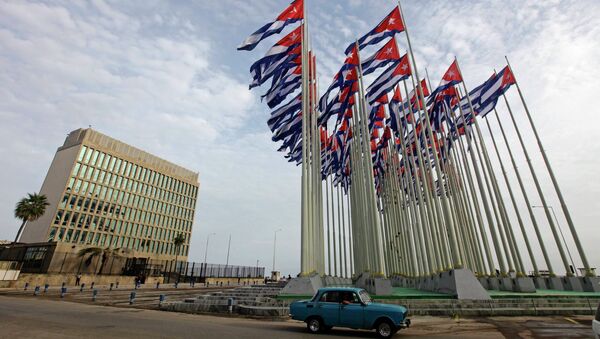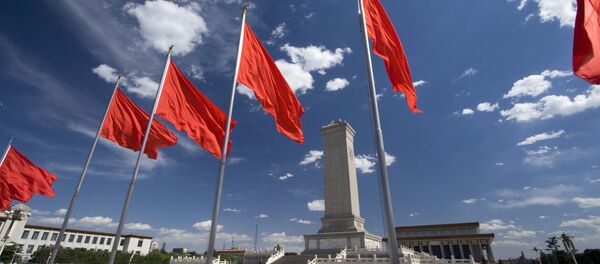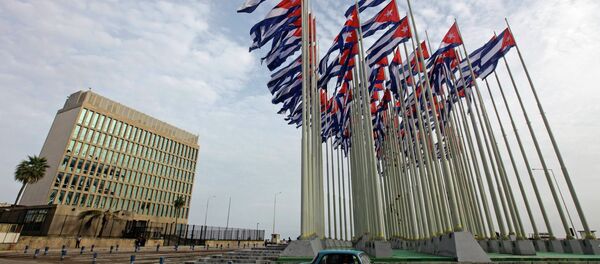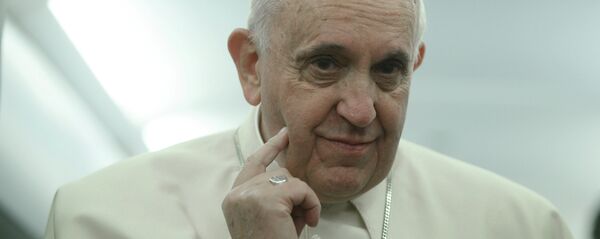On Wednesday, Washington and Havana announced plans to begin working towards the normalization of bilateral relations after cutting diplomatic ties in 1961.
"We hope and look forward to it [the normalization of the US-Cuba relations] to lead to the improvement of the standards of living and to the improved standards in democracy in Cuba," Rajoy told journalists in Brussels, adding that Spain continues to support all democratic developments in Cuba.
Former Foreign Minister of Spain and former NATO Secretary General, Javier Solana also welcomed the move by Washington and Havana, admitting however that he was surprised by its timing.
"The normalization of [the US-Cuba] relations was expected, what was unexpected is that it happened now," Solana said in an interview with the Spanish radio Cadena Ser.
According to Solana, who is also the former EU High Representative for Foreign and Security Policy, the current warming in relations with Cuba will allow the United States "to conduct new policy in Latin America."
Following the Cuban Revolution of 1959, the island's new authorities, led by Fidel Castro, decided to nationalize property belonging to US corporations, including several oil-production factories. The move led to the deterioration of relations between the two countries and a subsequent embargo on trade and travel to and from Cuba, introduced by the United States.
As Cuba's third largest trading partner and largest European investor in the country, Spain maintains strong economic, political and cultural ties with Cuba.




